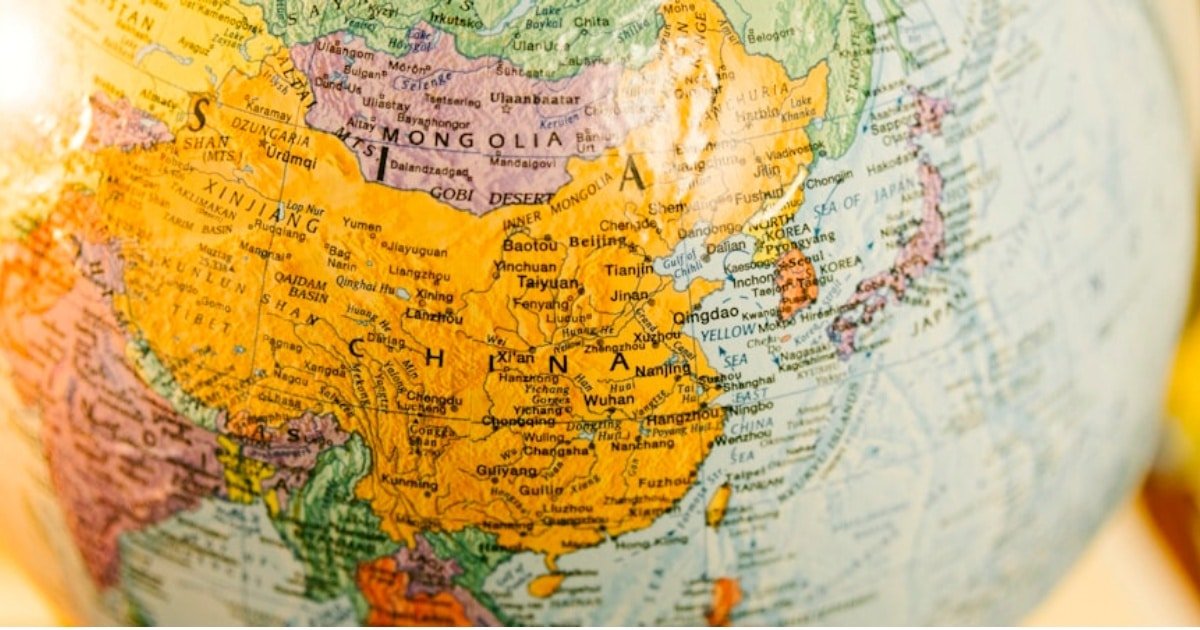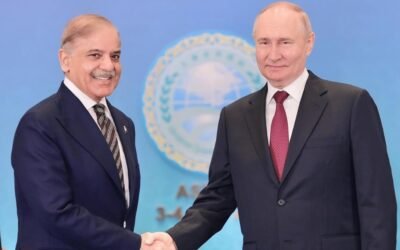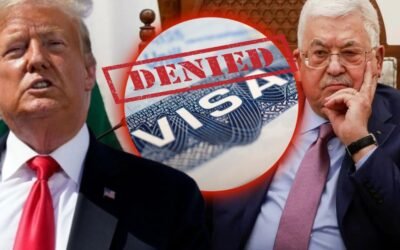The term “Global South” refers to developing countries in Asia, Africa, Latin America, and other regions. These countries hold a large share of the world’s population and resources. In 2025, the bloc is asserting itself in global affairs. It is shifting from a passive role to actively shaping international politics. Global South nations are forming new alliances. They are engaging in high-level summits and presenting coordinated positions on key global issues. These countries demand more influence and greater representation in institutions like the UN Security Council, IMF, World Bank, and G20. They argue their economic and demographic weight justifies stronger voices in decision-making. Pakistan sees this as a strategic opportunity. Islamabad is pursuing a leadership role in South-South cooperation. It aims to link development priorities, climate action, and diplomacy among like-minded countries. At the same time, Pakistan seeks to project its influence regionally and globally.
You May Like To Read: Pakistani Peacekeeping in Conflict Zones: A Legacy of Stability
Strengthening Pakistan’s Global South Influence
One visible arena is the Shanghai Cooperation Organization (SCO). Pakistan joined the SCO in 2017 and is hosting its 2024 summit. Observers call this an unprecedented opportunity for Pakistan to boost its Global South profile. Islamabad is using the summit to highlight issues important to developing countries, such as regional connectivity, counter-terrorism, and economic cooperation. Experts note that Pakistan’s SCO participation showcases its potential to lead dialogues on regional cooperation, security, and counter-terrorism. Pakistan’s close partnership with China, the SCO’s most influential member, strengthens this role. Islamabad’s alignment with Beijing makes it a connecting link between China and other developing nations. Practically, Pakistan can channel Chinese initiatives, like Belt & Road projects, to benefit SCO neighbors while advancing its vision for intra-South trade. By linking with China and Russia within the SCO, Pakistan positions itself as a bridge between Asia, Central Asia, and the broader Global South.

Source: Modern Diplomacy
Pakistan’s Leadership Role
At the same time, Pakistan is taking the lead on issues in global institutions. It secured a UN Security Council presidency for 2025-26 and is using it to champion Southern interests. At the UN High-Level Political Forum, DPM/FM Ishaq Dar called for concessional financing, debt relief, and more climate funds. He framed Pakistan as a voice of the Global South. He highlighted national programs like Uraan Pakistan, social protection schemes, youth empowerment, and renewable energy targets. He stressed that global financial reforms are vital for SDG success. As UNSC president, Dar promoted dialogue on multilateralism, Kashmir, Palestine, and climate action. Under Dar’s UNSC presidency, Pakistan also brought the UN and the Organization of Islamic Cooperation (OIC) together to discuss peace and security. This symbolically links the Global South, via the OIC, with international frameworks like the UN. These steps show Pakistan aims to be seen as an advocate, not just a follower, in Southern cooperation.

Source: The News
Pakistan aligns with Africa, Latin America, and others pushing for a fairer financial system, reflecting the broader Global South agenda. Beyond multilateral forums, Pakistan builds bilateral ties with other developing countries. It has strengthened trade and defense links with fellow Muslim-majority and developing states, including Turkey, Malaysia, and Gulf partners on non-controversial fronts. Pakistan seeks joint projects in Africa and Central Asia. It contributes to South-South development initiatives, offering training and humanitarian support to other developing nations. While projects differ, the message is clear: Pakistan wants to partner with Global South countries on equal terms. This marks a shift from past decades, when Islamabad was seen mainly as a Western ally. Today, Pakistan aligns itself with fellow Global South coalition builders aiming to reshape global governance.
Pakistan in a Multipolar World
Analysts note that Pakistan’s diplomacy is now multi-vector. Islamabad presents itself as a proactive and responsible player, supporting the Global South’s push for a multipolar world. Even Western think tanks recognize this shift. Reports from the US Defense Intelligence Agency (DIA) credit Pakistan with continuing military and nuclear modernization to maintain regional balance. While India remains a primary concern, Pakistan’s South-South partnerships with China and others are central to its strategy. These developments show that as the Global South rises, Pakistan is positioned to benefit. Leaders speak of building alternative platforms to advance foreign policy beyond Western-centric narratives. Islamabad leverages its geographic links and diplomatic ties to China, the Islamic world, and Africa to play a leadership role in the Global South’s ascent.
Conclusion
Pakistan is emerging as a key player in the Global South. It combines multilateral engagement with strong bilateral ties. The country leads on issues like development, climate action, and regional security. Partnerships with China, Russia, and other developing nations strengthen its position. Pakistan balances Western relations while promoting South-South cooperation. Its diplomacy is proactive and strategic. By leveraging geography, resources, and alliances, Islamabad aims to shape a multipolar world. The nation seeks not just to follow but to lead and influence global governance.
You May Like To Read: Trump, Putin Hold Phone Call on Ukraine Peace Efforts







